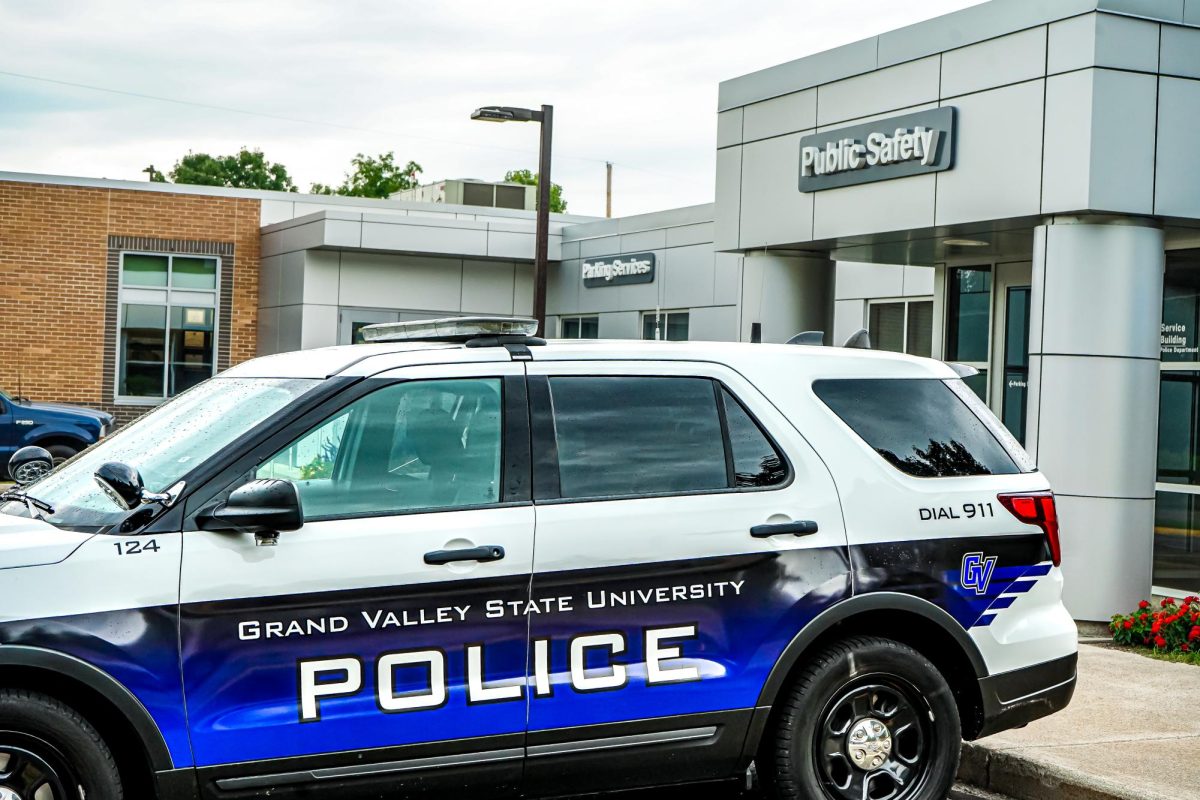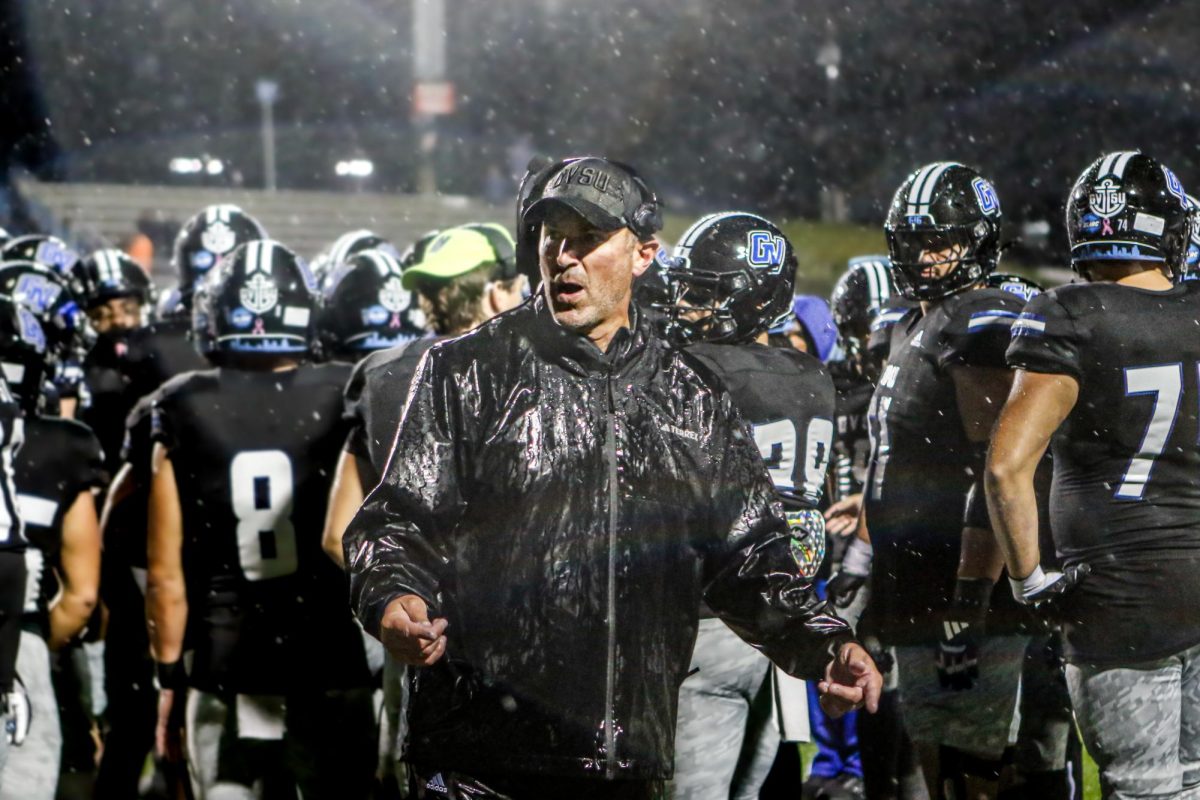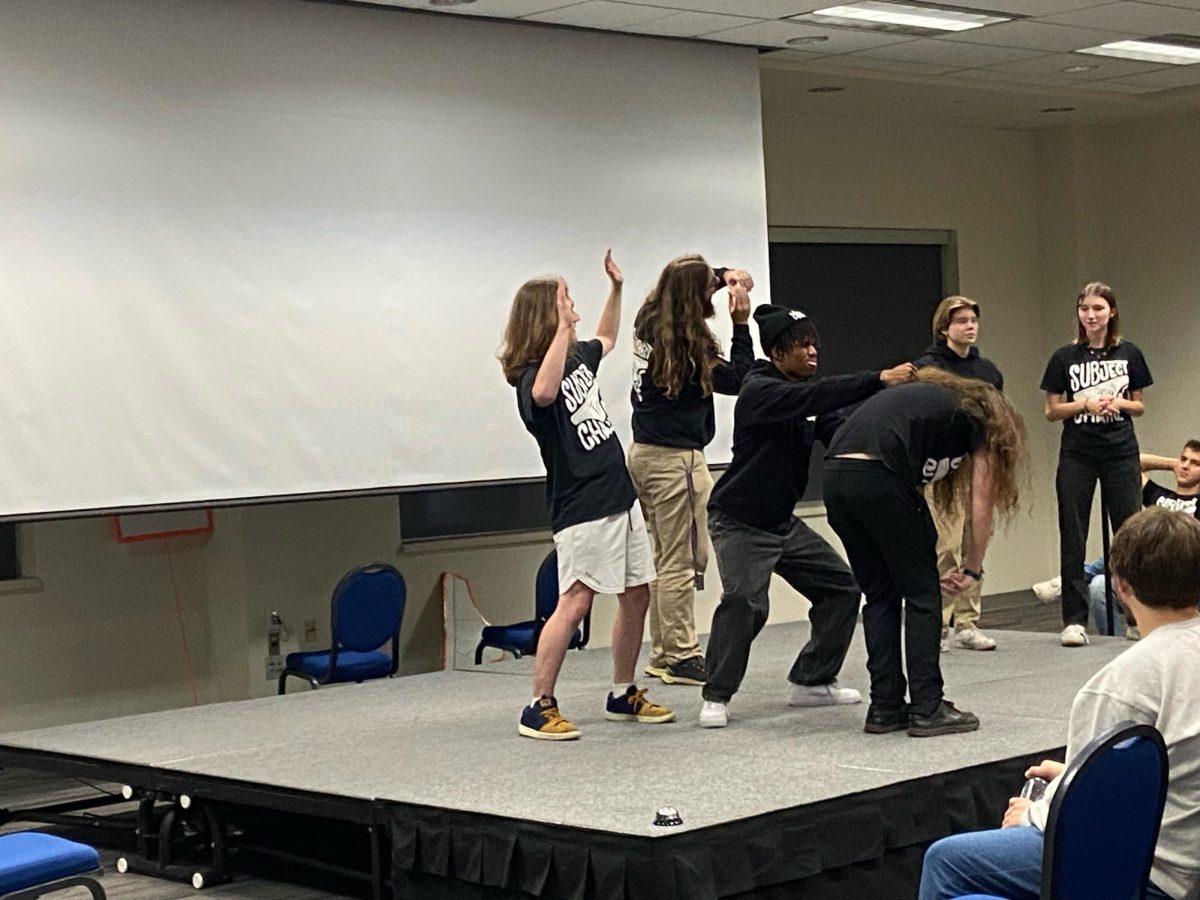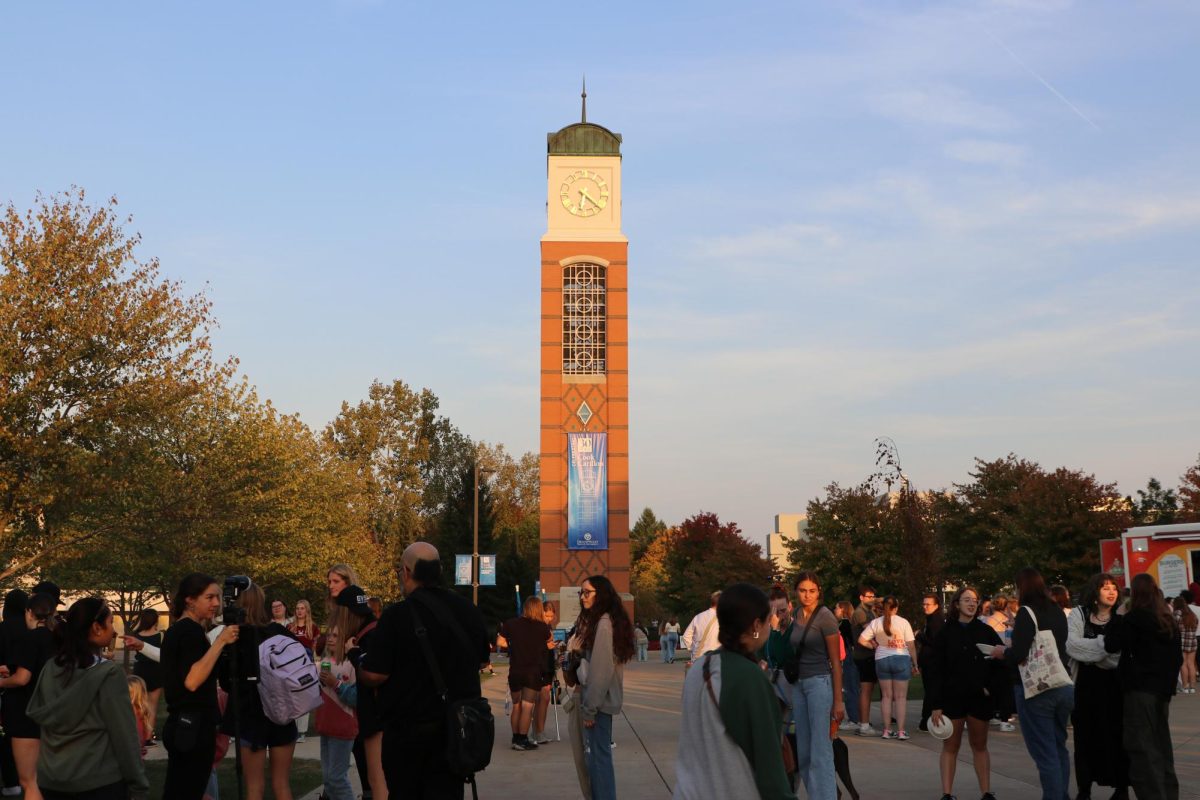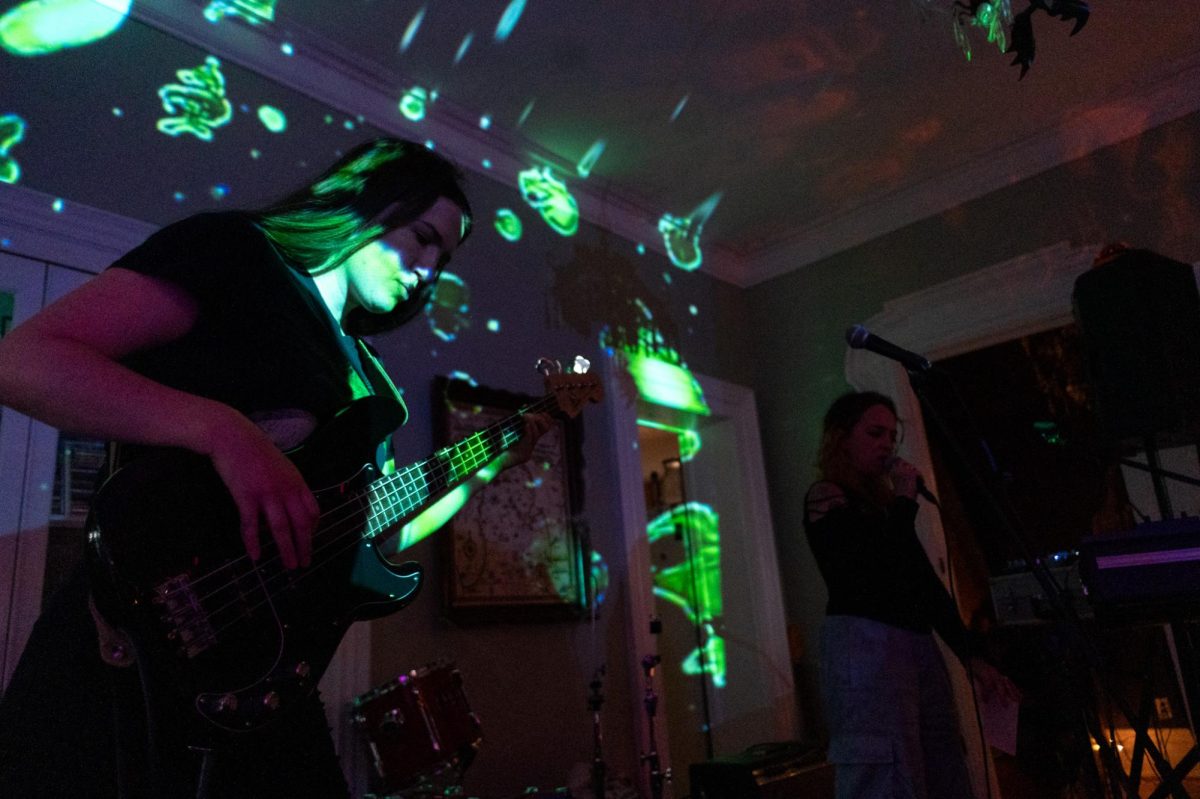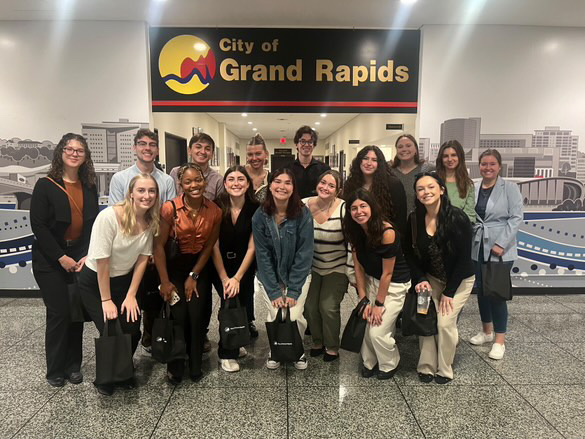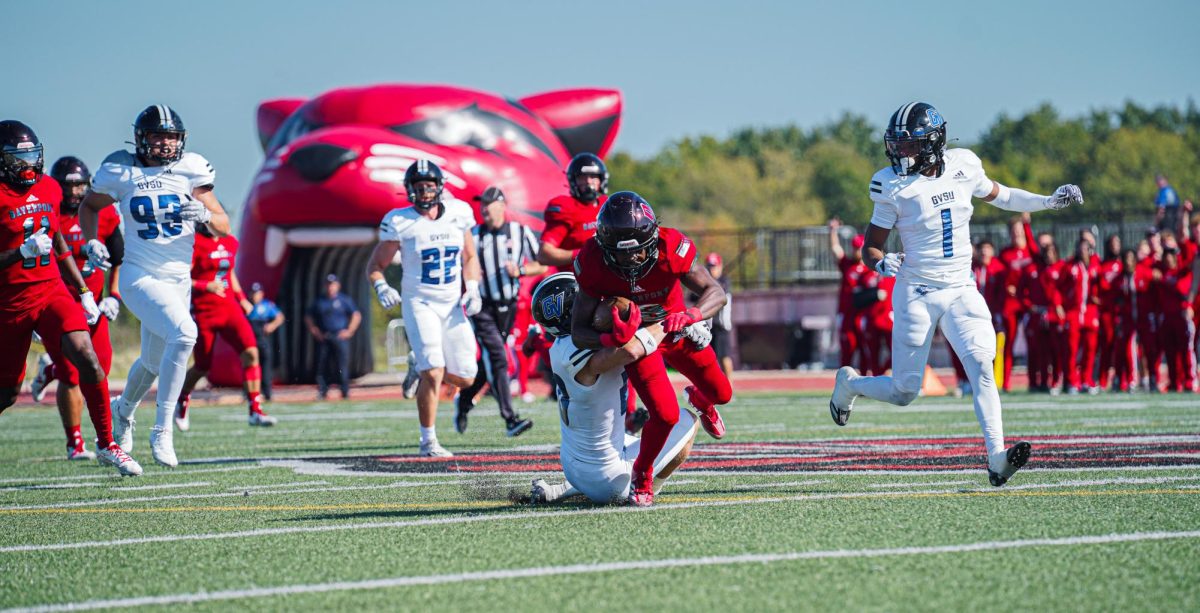Marijuana legalization calls for ACES resource expansion
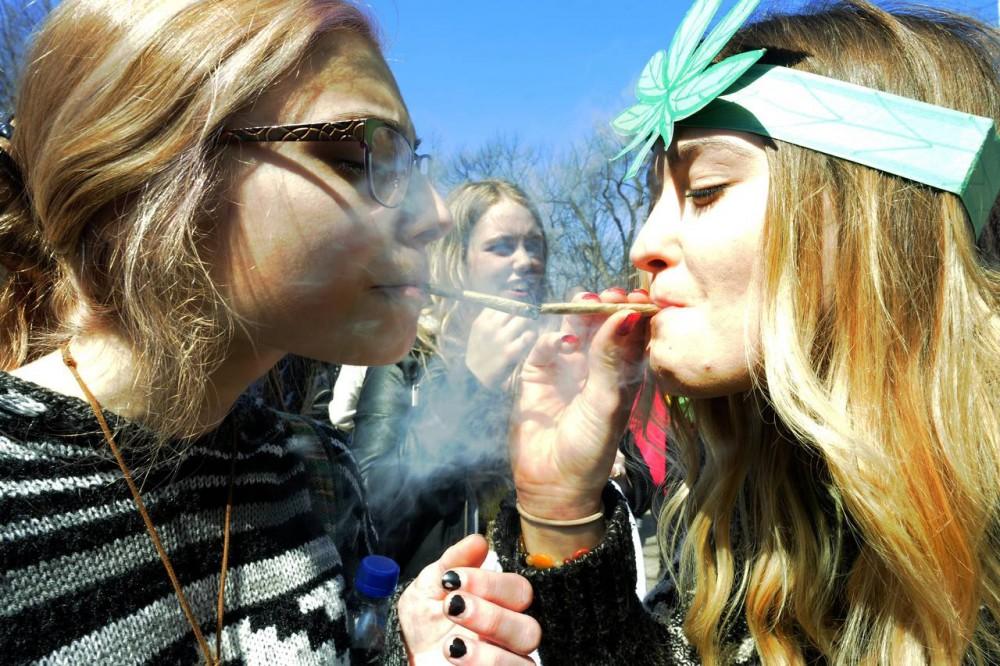
Courtesy / The Wall Street Journal
Feb 25, 2019
The legalization of marijuana took effect on Dec. 6, 2018, allowing Michiganders who are 21 or older to carry 2.5 oz. of the plant on their person and use it at their leisure in private areas. It gives permission to gift the mentioned weight to another over the age of 21. In fact, many of the laws regarding recreational marijuana are similar to the Minor in Possession laws associated alcohol consumption.
Yes, it’s legal, but no, you can’t stroll across campus smoking a joint. Due to the university’s federal funding, the use of marijuana is still prohibited on campus property, but isn’t something offenders can be arrested for.
“The (Safe and Drug-Free Schools and Communities) Act from the federal government requires if you receive federal funding you have to follow all the federal rules,” Grand Valley Police Department Capt. Jeff Stoll said. “Marijuana is still considered illegal federally. Because of that, we can’t have it.”
Stoll said their current data entries for marijuana use on campus have to be reset to accommodate the new laws. Yet, criminal sanctions are still put into play for underclassmen, as they are still issued tickets and are taken to court if caught in possession. Yet, the punishment is only a $100 fine versus the previous $500 payment.
“This isn’t a new issue for us (with the legalization) of marijuana,” Stoll said. “After alcohol, marijuana is the next most common chemical that we’ve dealt with. (The law) changes the mechanics of how we process and interact with people when they have it.”
The amounts of THC in marijuana have increased by three times in the last 15 years. The threat of heightened potency can become medical incidents and accidents by putting the user in a state of paranoia or psychosis.
“The challenge (with the new law), similar to alcohol, is when you introduce marijuana, you are more likely to get bad decision making,” Stoll said. “A lot of credit to our students. They often make good decisions and we don’t have too many problems. When we see students making bad decisions is when they drink and smoke excessively.
“The legalization of marijuana makes the state of Michigan and the roads more unsafe, because I think (there’s going to be more people) who are smoking and driving. For our community here at Grand Valley and state-wide, I think you’re going to see more crashes and fatalities associated with (impaired) driving.”
GVPD works with Alcohol & Other Drugs Campus Education Services (ACES) to help provide students with a spectrum of care, including prevention programming, support groups, treatment and counseling. These are resources students can reach for when looking for education about these substances and interacting with them in a responsible way.
“We are in the process of creating some new materials to educate students on the legalization guidelines,” said ACES Interim Assistant Director Nicole Marganti. “In partnership with Capt. Stoll, (we are) putting out some information so students know the law and the consequences of it and know some health information about marijuana. We are trying to let students know (about) NORM information.”
Marganti said NORM will be information based on a survey from GVSU students who are using the substance and what they see socially.
“The law is a lot of little pieces that we’re still finding out about and we want to give our students the correct information,” Marganti said. “I think it’s important that students know the new law and that they recognize the difference between Grand Valley’s code of conduct and federal law, (as well as) what the new law is in the state of Michigan. It’s important for students to always be aware of what rules are applying to them in a place and how to be safe with what they’re doing.”




